‘Elections are the only solution for Venezuela’
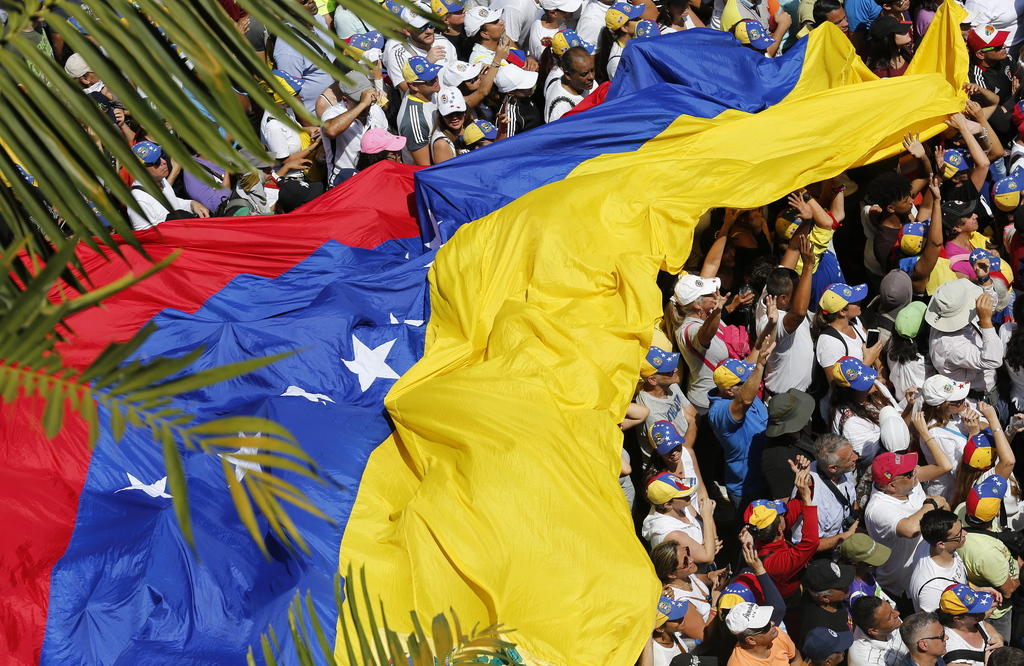
Switzerland has expressed concern about the ongoing crisis in Venezuela but has not joined other countries in recognizing parliamentary leader Juan Guaidó as interim president. Yanina Welp of the Aarau Centre for Democracy Studies spoke to swissinfo.ch about the situation.
swissinfo.ch: Most EU countries have recognised Guaidó as interim president of Venezuela. Switzerland’s official position is that it does not recognise governments, only states. What do you think of this position?
Yanina Welp: I think it’s a mistake. While it may be true that international law is clearer on criteria for recognising a state than for recognising governments, I think a country like Switzerland that seeks not only to practice but also to defend democratic principles could speak out against government changes that violate those principles. Maduro’s government in Venezuela has been violating democratic principles for years.
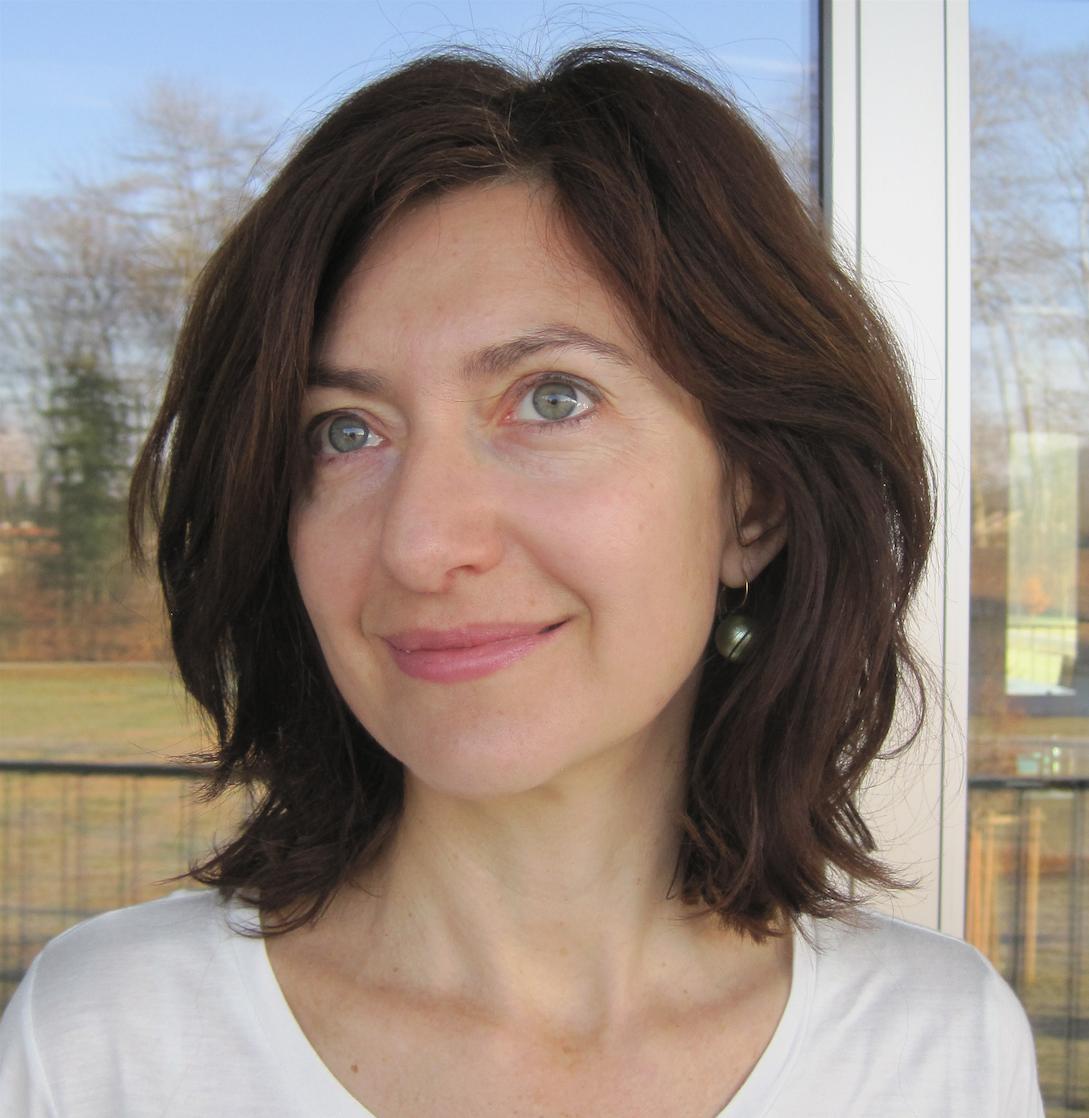
swissinfo.ch: Does support for Maduro or Guaidó reflect that what is at stake in Venezuela is not so much democracy, but geopolitical and economic interests?
Y.W.: The recognition of governments is often based on political rather than purely legal grounds. When we see that Maduro is supported by Russia, Turkey, China and Iran, there is no doubt that many interests are at stake. Right now, I believe geopolitical interests weigh heavier on the international chessboard than economic interests.
swissinfo.ch: Is calling elections a solution?
Y.W.: Undoubtedly. It is the only solution to try and find a peaceful, democratic way out of the deadlock. Any other will be authoritarian and/or violent. But it is not easy to implement.
swissinfo.ch: Why?
Y.W.: Because an election would need to be called by a legitimate party. If it was done only by the executive (Maduro) or parliament (Guaidó), it would only deepen the confrontation.
And it is not just a question of setting a date for elections, but also of who will organise and supervise them. The anti-Chávez side won’t endorse the current electoral body because it has clearly lost legitimacy. There have been attempts to negotiate with Maduro, but these have been frustrated by his refusal to give in on any front.
But the side led by Guaidó cannot move forward without negotiating, so the only solution is to oust Maduro and talk to other people in the regime. This would require support from within the other side, where a split may be forming, but is not yet clear. Only in this way can agreements be reached on the composition of the electoral body, lists, dates, etc.
swissinfo.ch: Is there a way out of this serious situation? Who can mediate in the crisis? Switzerland?
Y.W.: We must avoid radical solutions that have not worked in the past, such as the military intervention that Donald Trump has been toying with. The only solution is negotiations with the clear aim of convening elections within a reasonable period of time (no more than three months). More than Switzerland, Latin American countries should play a role, especially Mexico and Uruguay, which have expressed their willingness and may have good credentials to do so.
swissinfo.ch: Members of the left in Switzerland who have sympathized with Maduro and the Bolivarian model are mostly silent or circumspect. Do you understand them?
Y.W.: Despite all my sympathies with the democratic left, I think that in recent decades the need for utopias has led them to support projects based on limited and/or biased information. Frustration comes when you see that changes were not what they seemed, or were not so deep or positive, to say the least. It is difficult to then admit your mistake, especially since the Venezuelan situation has also been so politicized by right-wing parties.

In compliance with the JTI standards
More: SWI swissinfo.ch certified by the Journalism Trust Initiative

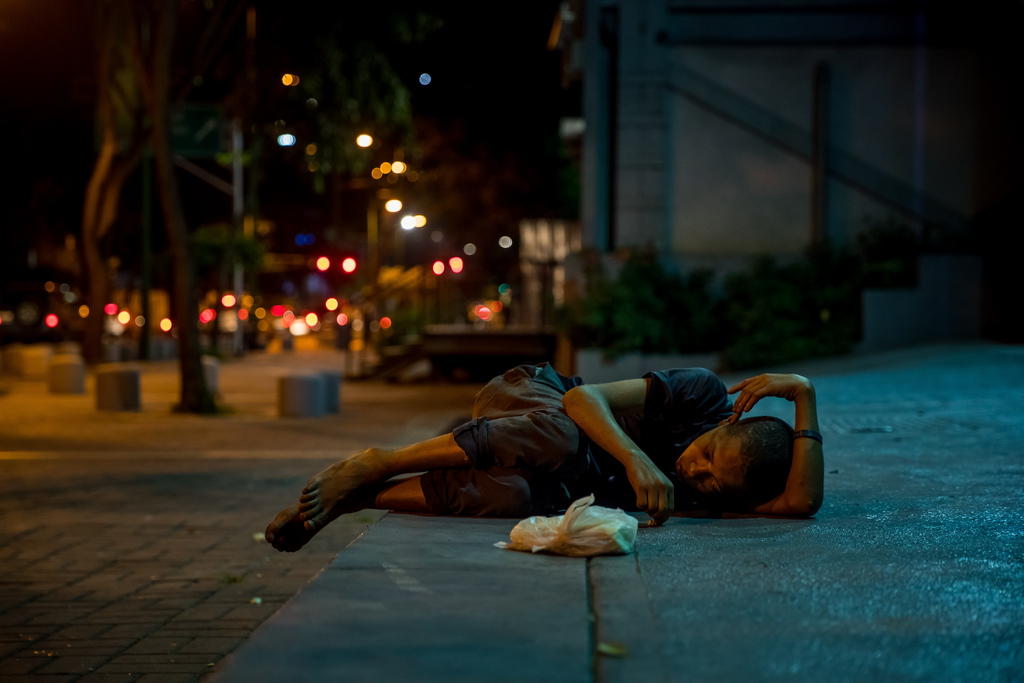

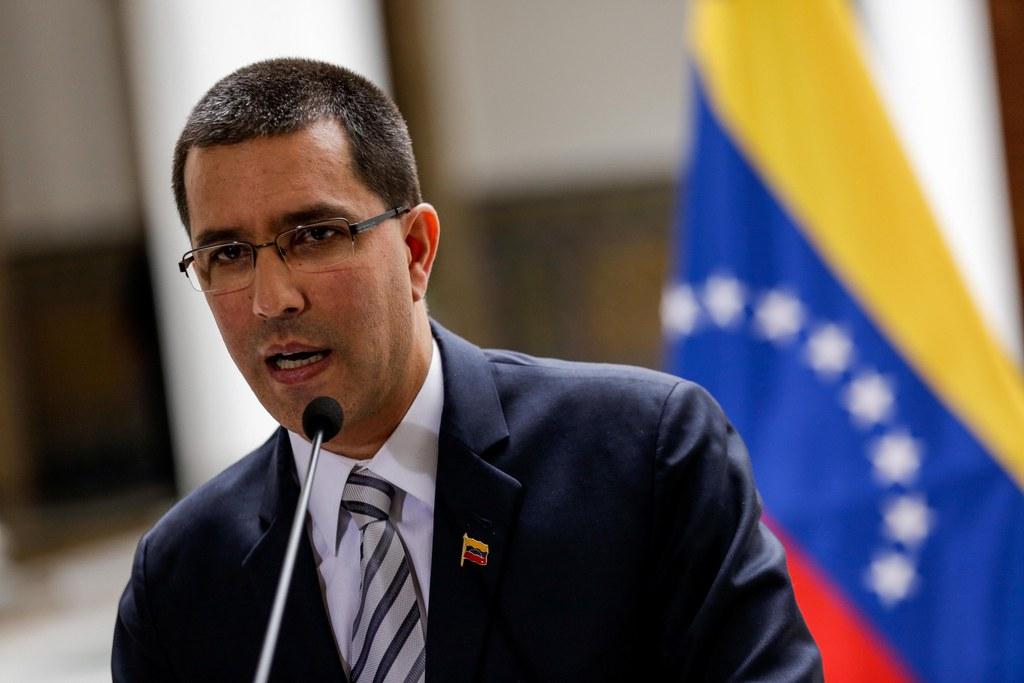
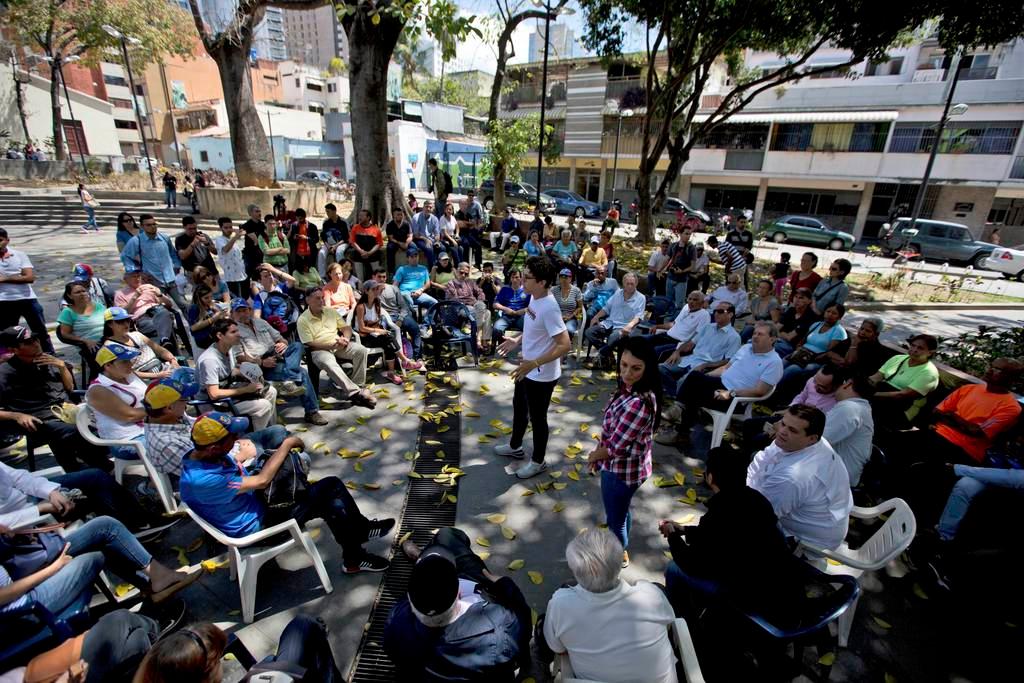
You can find an overview of ongoing debates with our journalists here. Please join us!
If you want to start a conversation about a topic raised in this article or want to report factual errors, email us at english@swissinfo.ch.